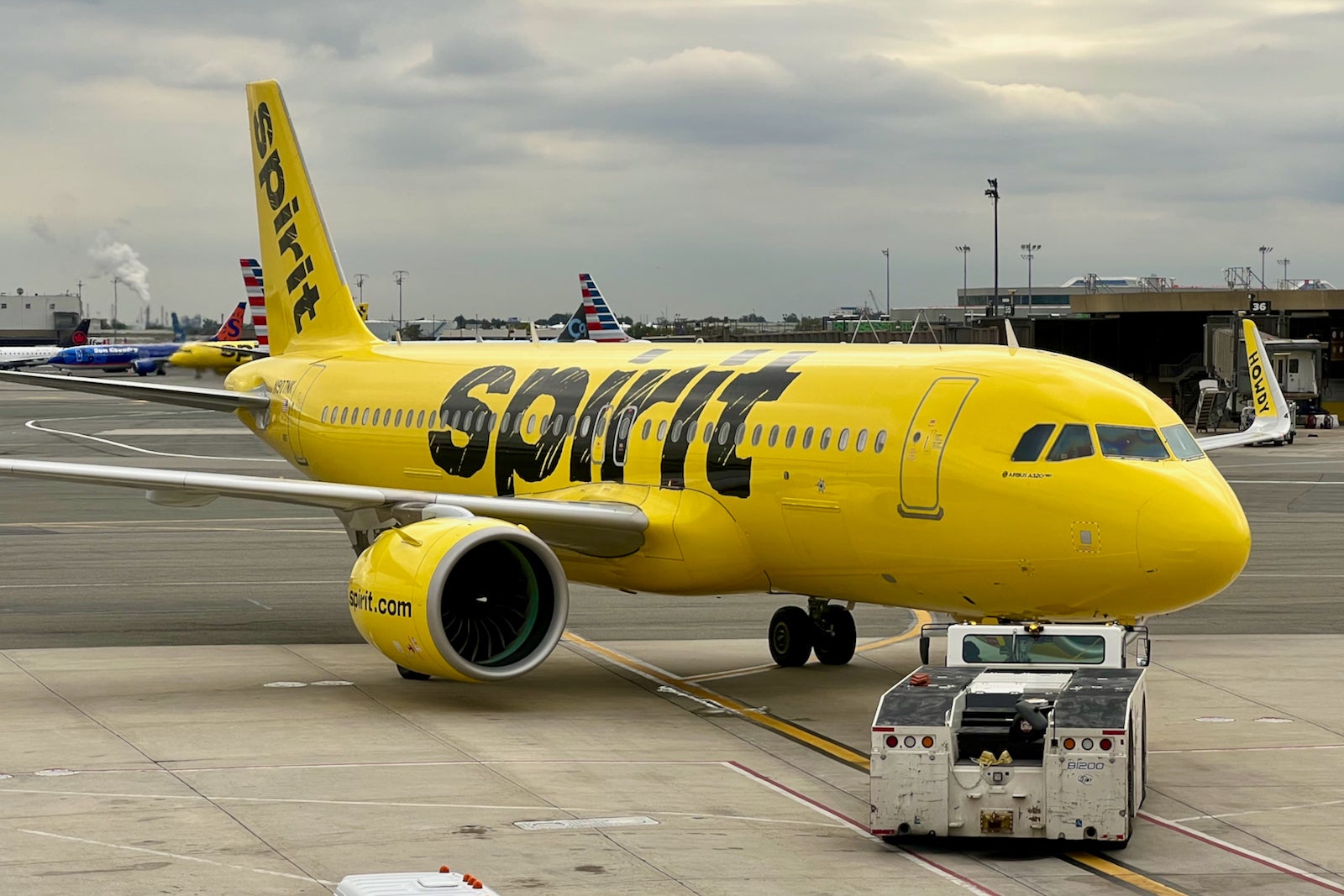Press play to listen to this article
Voiced by artificial intelligence.
Many EU lawmakers have taken belated transparency measures in light of the Qatargate corruption scandal that rocked the European Parliament, Transparency International analysis published Wednesday shows.
Transparency International EU has analyzed all third-party event (or “travel”) declarations submitted by MEPs since the start of the current parliamentary term in 2019, in light of the Qatargate scandal in which current and former MEPs have been charged as investigators probe whether Qatar and Morocco illegally influenced the Parliament’s work.
MEPs must theoretically declare every event organized by a third party, where their travel, accommodation or other expenses were paid for or reimbursed by a third party, “no later than the last day of the next month following the final date of the member’s attendance at the event,” according to a rule established in 2013.
But, in practice, many lawmakers have not adhered to this rule, so far.
And strikingly, the number of declarations submitted spiked significantly right after the Qatargate revelations.
Out of a total of 321 declarations submitted during the first three-and-a-half years of the current parliamentary term, 103 (32 percent of all declarations) were submitted during the two-month period since the Qatargate story broke on December 9 2022, the analysis finds.
Of those 103 declarations, 69 were late declarations (67 percent), according to the findings.
MEPs are “rushing to publish declarations about their attendance at events paid for by third parties — better known as freebies or junkets,” following the scandal, wrote Raphaël Kergueno, senior policy officer at Transparency International’s EU integrity team.
The analysis also broke down all the submissions by political groups, showing that the Socialists and Democrats group submitted late 27 of its 45 total declarations during the parliamentary term; while the European People’s Party had by far the largest number of event declarations overall (113) and also the most late submissions by total number (30).
The S&D group was hammered by the Qatargate scandal, with multiple MEPs — including a Parliament vice president — arrested, while the EPP has tried to make political capital from it.
MEP José Ramón Bauzá Díaz, from the Renew Europe group, filed the most declarations post-Qatargate, the analysis shows. Bauzá Díaz did not immediately respond to a POLITICO request for comment.
Parliament President Roberta Metsola floated an initial 14-point list of reforms to beef up transparency and integrity rules at the beginning of the year, and Parliament leaders endorsed initial reform steps based on that.
However, Transparency International concluded that while Metsola’s reform proposal is “a big step in the right direction,” it doesn’t go far enough.
“This latest flurry of scandal-driven transparency activity demonstrates once again that the Parliament is incapable, unwilling, or both to enforce its own ethics rules. Self-policing doesn’t work. The system isn’t fit for purpose,” the report said.





















Discussion about this post